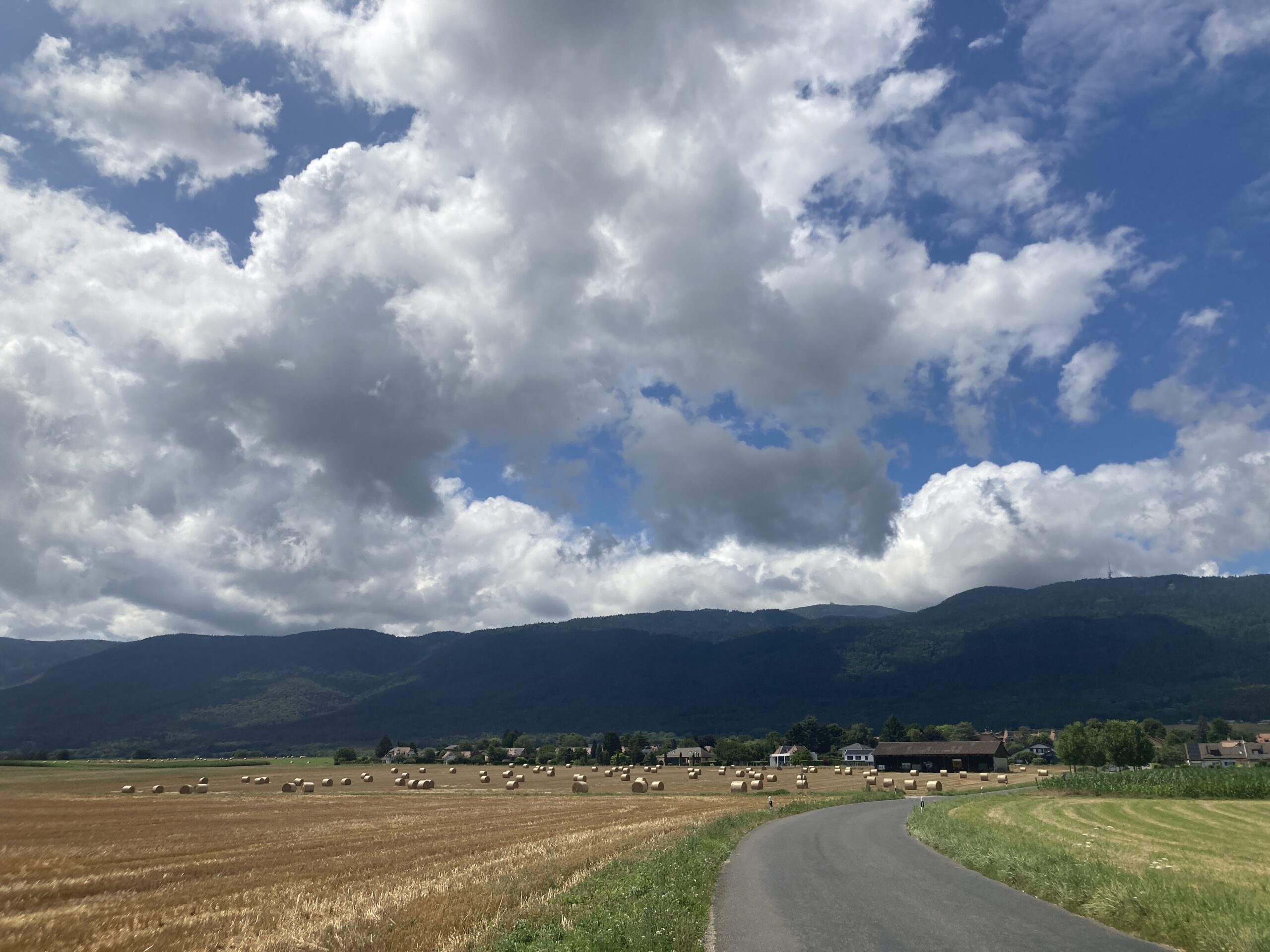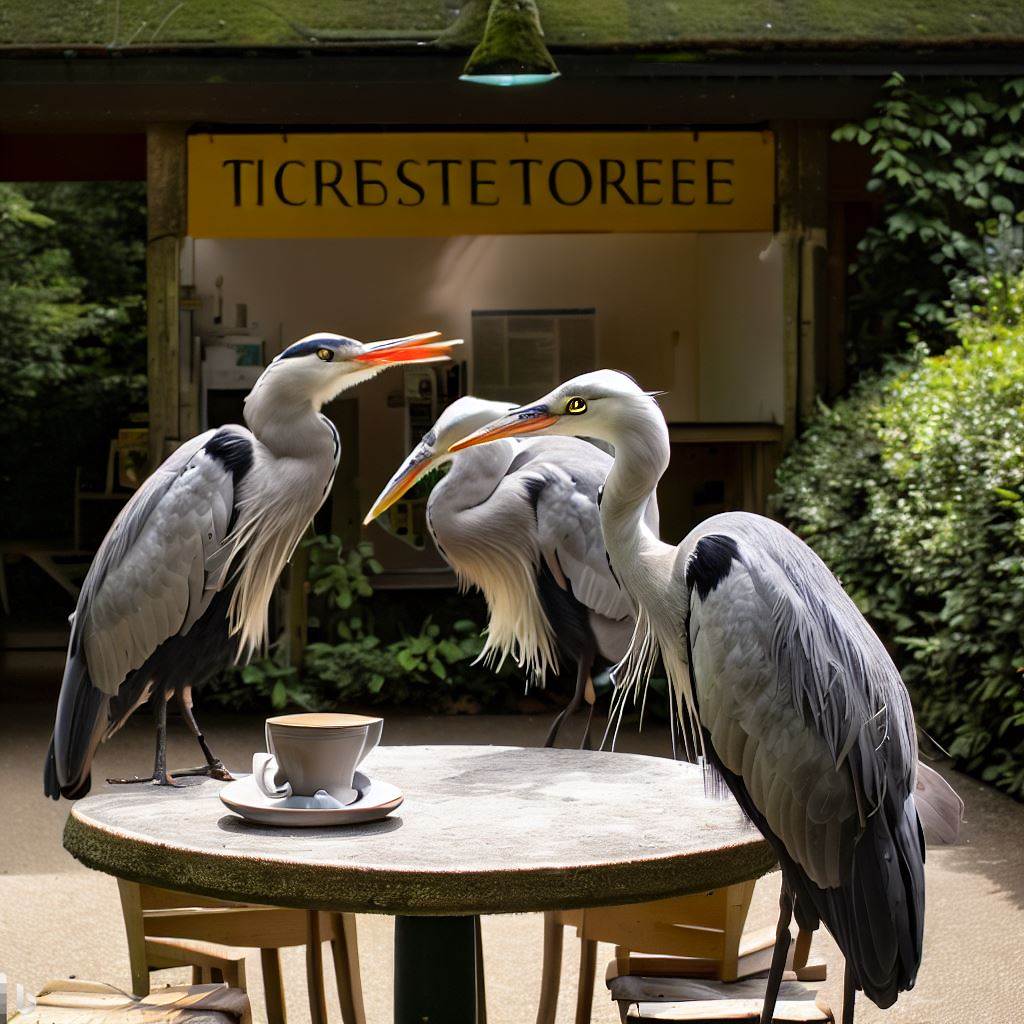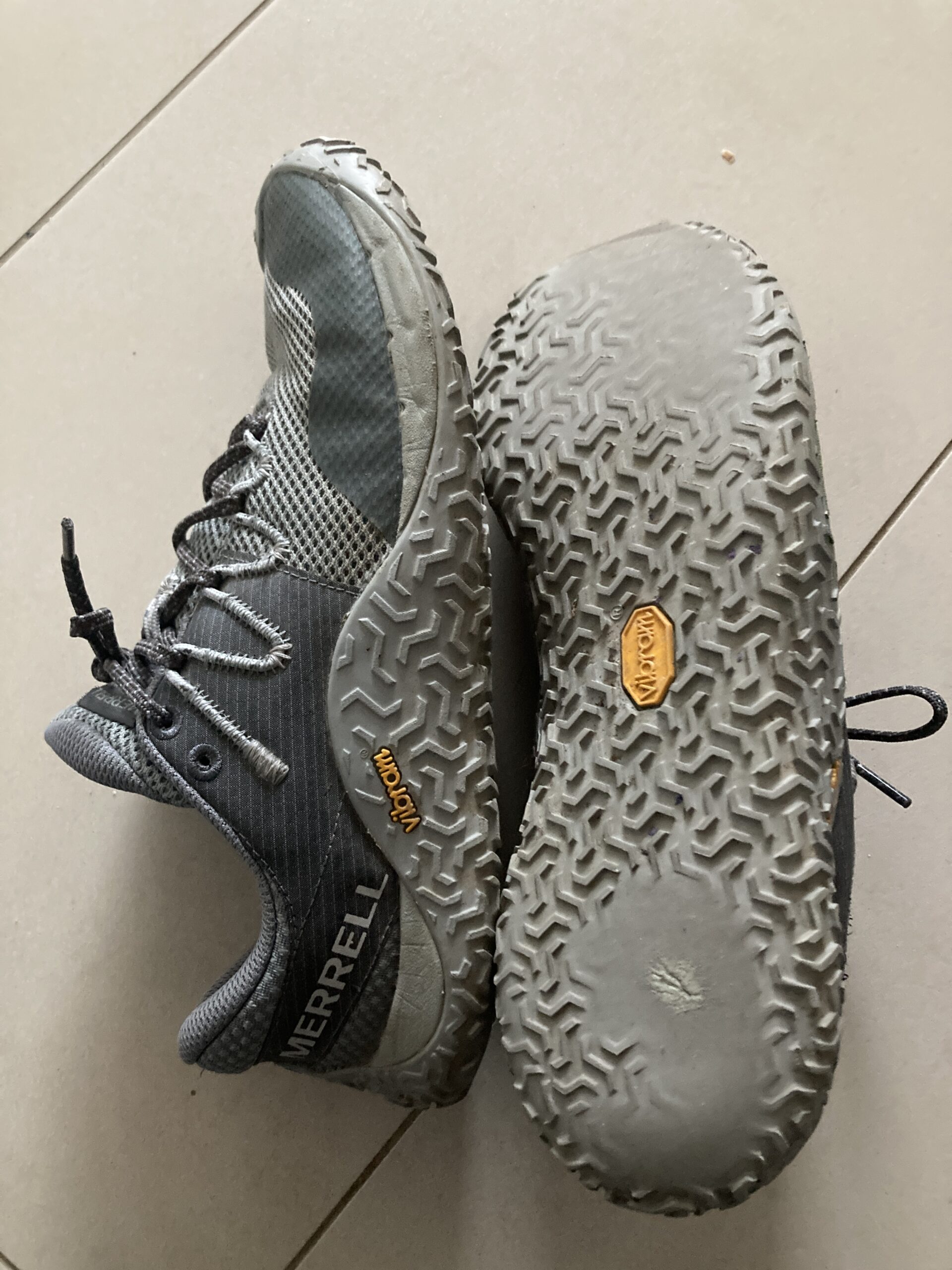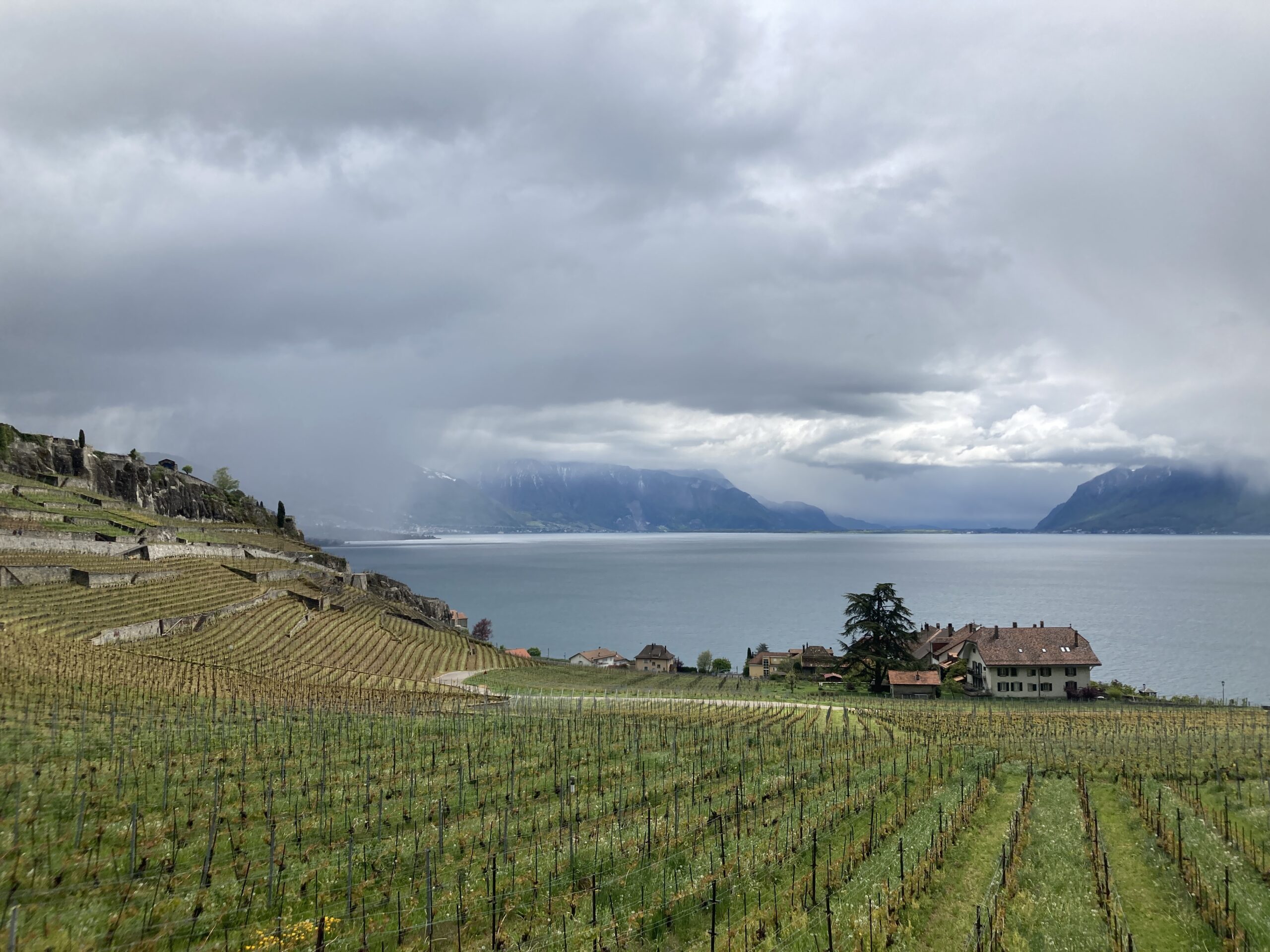Tag: conversations
-

The Altered Routine of Cycling in Autumn
Reading Time: 2 minutesRoutine is extremely important. With routine the question is not "whether you can be bothered" but "I will do this." You go from asking "if" to automatically assuming that on Wednesday morning you will ride, and sunday morning you will ride. If a ride is cancelled for A or B then you’re…
-

Looking for Conversations in the Age of Facebook Dominance
Reading Time: 2 minutesA few days ago someone wrote something about chocolate croissants. I then wrote something about Chocolate easter bunnies. A third person then said "please don’t have conversations, there are hundreds of people reading this exchange". This is on WhatsApp. WhatsApp is, or at least was, an IM client. For those of a…
-

The Absurdity of Whatsapp for Event Planning
Reading Time: 4 minutesYesterday it happened again on Whatsapp. Someone said ‘avoid having too much chatter on this group, there are hundreds of people. When I see such messages it frustrates me because at its core Whatsapp is designed for people to have conversations. The idea that we would join Whatsapp chats, to speak very…
-

What Threads Could and Should Be
Reading Time: 2 minutesPeople on FB have pigeon holed me as negative, and don’t understand why I am this way. The reality is that I believe the algorithms highlight when I am negative, rather than positive. I also think that there is a certain amount of bias against me. I post plenty of positive things…
-

The Anti Whatsapp for Conversation Mentality
Reading Time: 2 minutesRecently I was added into a Whatsapp group where people discuss things to do in Geneva as well as more interesting activities a drive from Geneva. I was given admin privilieges on Whatsapp to organise events. In connection to this I shared activity ideas, interesting videos and more related to the topic.…
-

Algorithms and Social Media
Reading Time: 3 minutesRecently I have been thinking more about trolling. I have been thinking about why, I, and others, appear so negative or toxic on social media. I believe that one reason for this is that algorithms drive conversations and popularity, rather than time devoted to social media, and conversationalism. ## Return on Investment…
-

Learning by Blogging
Reading Time: 2 minutesA few days ago I was asked once again why I wore two watches and I gave the usual answer of “this is my GPS watch and that is my Smartwatch”. People still fail to understand so I elaborate and that’s where I saw that blogging is useful. When you write blog posts…
-

The Case for Reverting to Web Forums
Reading Time: 2 minutesThere is a case for reverting to web forums. Web forums are small communities of like minded people that form around topics, ideas, or ideals. They want to have conversations where you look at topics and sub topics, rather than following people. By having conversations on a smaller scale there is more…
-
Social Media and The Human Return on Investment
Reading Time: 3 minutesSocial Media and the Human Return on Investment, because contrary to popular belief we use social networks to socialise, not to shop. As we grow older and more mature our close network of friends changes and evolves. We go from school friends to university friends and then to professional friends. In the…
-
Has Social Media made us less sociable?
Reading Time: 2 minutesIntroverts who are not going to compete with extroverts, through social media, have an opportunity to have friendships and interactions that would otherwise not occur. To say that Social media makes is unsociable is a fallacy. When I was a uni student the second time around I was socialising with fellow students…